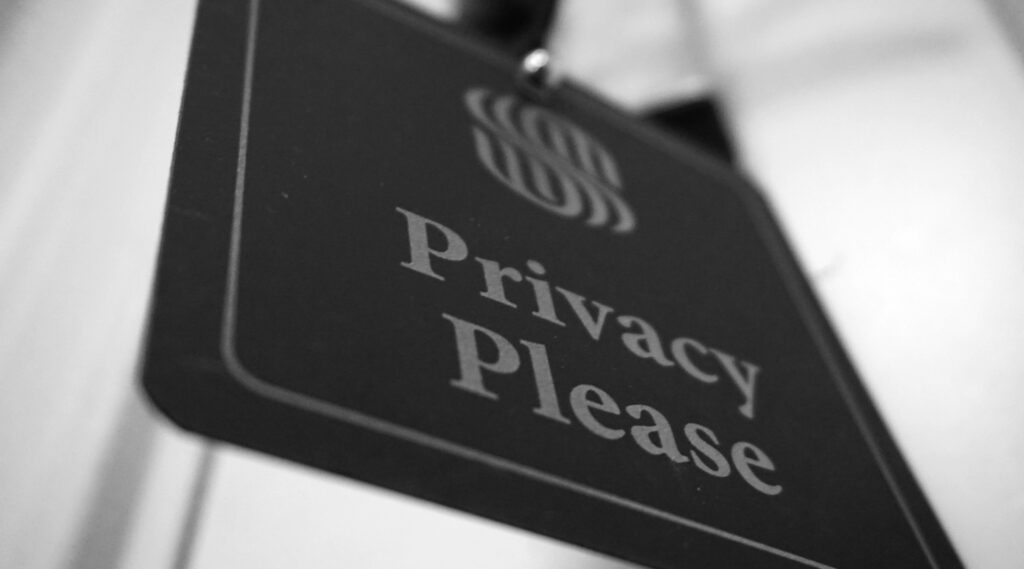In this module, we’ve explored the value of Personal Learning Networks (PLNs), Universal Design for Learning (UDL), and the importance of privacy, ethics, and diversity in digital learning environments. These elements are key for supporting our growth, protecting our personal information, and ensuring digital spaces are safe and inclusive.
PLN Spaces Through Social Media

Social media has been a great tool for growing my PLN, especially within the fashion world. I post fashion videos and connect with people globally who share the same interest. This has helped me find inspiration and learn from others. Platforms like Instagram and TikTok are perfect for discovering ideas and showcasing my own content. The most valuable part is connecting with a worldwide community and staying current with trends.

The biggest benefit of this has been building a global network, where I can interact with like-minded individuals and learn from experts in fashion. It’s been an excellent way to grow personally and professionally.
Privacy, Ethics, and Security in Digital Spaces
Even though I’m active online, I make sure to protect my information. I use strong passwords and take care not to share too much personal data. While I don’t keep a private account, I’m careful about what I post. I aim to share content that is respectful and doesn’t compromise my privacy or the privacy of others.

These habits are crucial for creating a safe and reliable digital space. By following ethical guidelines online, we help build trust and positive interactions within digital communities. Being mindful of what we share ensures that online spaces remain secure and respectful for everyone.
Inclusivity and UDL in PLNs
An inclusive PLN involves creating a network that embraces diverse perspectives and experiences. To ensure my PLN is inclusive, I engage with a wide range of voices and follow people from different backgrounds and viewpoints. A PLN should include multiple perspectives to encourage learning and broaden understanding.
The principles of Universal Design for Learning (UDL), are great tools for promoting inclusivity in digital learning, like offering content in various formats helps ensure all learners can access it in a way that suits them best. Allowing different methods of expression also creates a more inclusive space where everyone feels comfortable participating.
Challenges and Importance of Diversity in Digital Learning
Diversity in digital learning is essential because it brings fresh perspectives and fosters creativity. However, challenges such as accessibility, language barriers, and lack of representation can prevent inclusivity. To create a more inclusive digital environment, we must actively seek out diverse viewpoints and make sure that resources are accessible to everyone.

A key part of promoting diversity is staying open-minded and non-judgmental. It’s important to create spaces where everyone’s perspective is respected, helping to build an inclusive and understanding atmosphere. Diversity isn’t just about representation, it’s about cultivating a culture of respect within digital learning environments.
In Conclusion,
Building a strong PLN, maintaining good privacy habits, fostering inclusivity, and embracing diversity are all crucial for ensuring a positive and effective digital environment. By following ethical practices, protecting our data, and supporting diverse voices, we can contribute to creating a more respectful and inclusive digital world for all.
Recent Comments